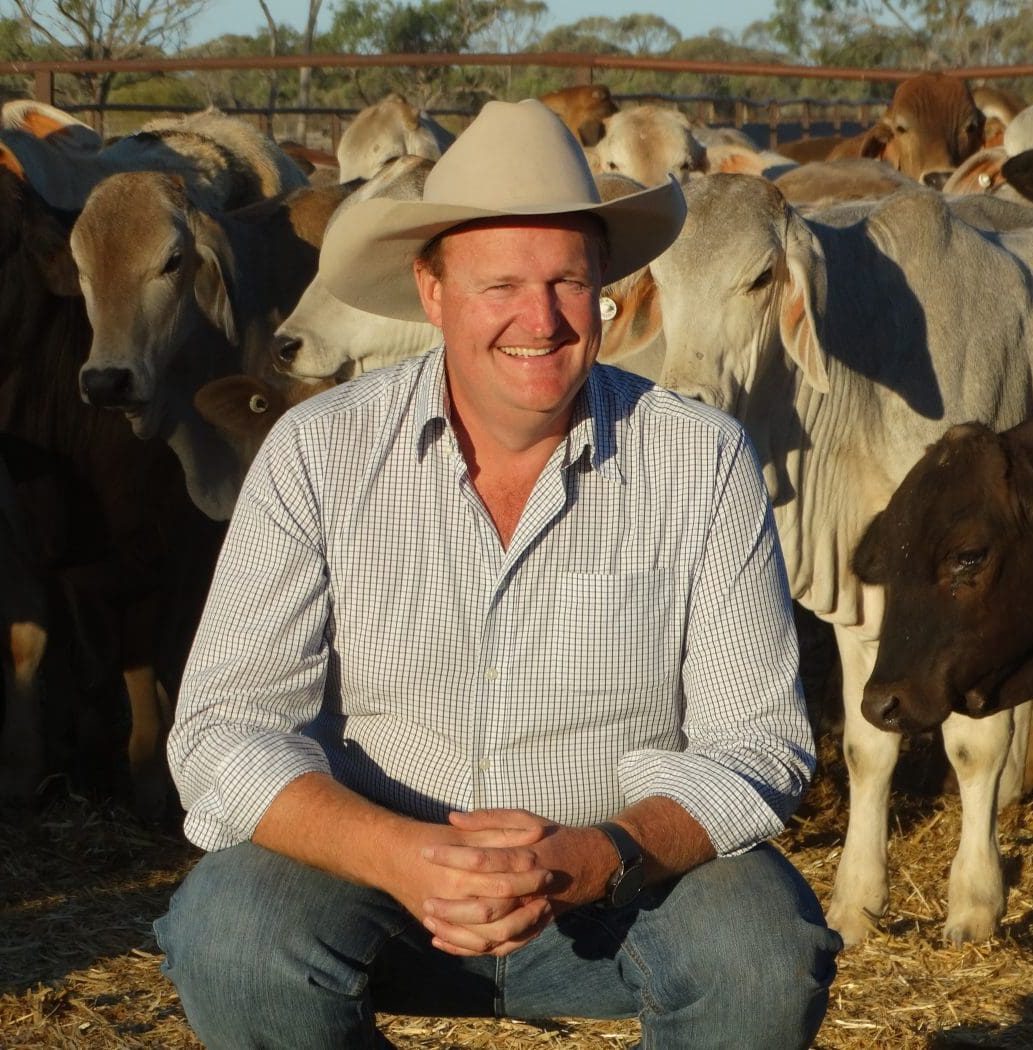THE head of the live export industry’s peak research and development corporation has defended the industry’s animal welfare credentials and called out animal welfare groups for using live export as a “money-making exercise” rather than making a contribution to animal welfare outcomes.
Appearing in his role as Livecorp chair Troy Setter fronted estimates in the late hours of last night, fielding questions about the MV Bahijah, the live export class action and proposed phase-out of live sheep exports.
Western Australian Liberal senator Slade Brockman asked Mr Setter about the “misinformation” being peddled about the live export industry – referring to comments Animals Australia and the RSPCA made about conditions on the MV Bahijah, which was headed through the war-torn Red Sea and directed back to Australia.
“It was certainly disappointing to see the chief veterinary officer of the RSPCA on television talk about conditions on the vessel when no one from RSPCA had been on the vessel – they described the most horrid conditions without a scrap of evidence to support their claims,” Mr Setter said in response to Senator Brockman.
“At one point they described Western Australian Farmers as having disgusting views about the conditions onboard, when the activists’ own drone footage showed the animals were exceptionally clean, they were cool, they were sitting on fresh bedding and there had been numerous washes.”
Mr Setter said the animal welfare organisations had turned the MV Bahijah case into a money-making exercise.
“It was pretty disappointing to see that those organisations who make their money from clickbait and don’t spend anything on research, education or training on animal welfare.”
“For the likes of the RSPCA and Animals Australia, this a big money-making exercise for them. We have written to them before, last year, and called them out on some of the inaccuracies about some of the claims they made about Livecorp’s work through independent groups and we never received a response from the RSPCA CEO.”
Mr Setter made an opening statement defending the animal welfare credentials of both the live sheep and cattle export industry.
“Shipboard mortality rates in the first half of 2023 were on par with the record lows of 2022 at just 0.14pc for sheep and 0.06pc for cattle,” he said.
“We have also seen some tangible examples of how Australia exports animal welfare and how it influences practices in our destination markets. In November, Vietnam introduced animal welfare standards consistent with Australia’s.
“We have also been supporting Indonesia as it continues to battle foot and mouth and lumpy skin disease – including a project to deliver a lot of vaccination, which has helped Australian farmers, port workers, butchers and the like.”
Human side of delayed live export class action
Nationals’ senator Bridget McKenzie asked Mr Setter for his take on the delayed pay of the class action against the 2011 live export ban – which was ruled to be illegal. The Government last month rejected an offer of $510m, plus costs and interest, to settle the lawsuit.
Agriculture minister Murray Watt made a point of order before Mr Setter could answer the question, arguing he was appearing as the head of a research and development corporation and not in a political capacity.
Ms McKenzie then asked the minister to draw on his legal background to ask if he thought the Government had been model litigants in this case.
“From the very limited involvement I have had in this case, given that it is not being administered by my portfolio, I have seen and heard nothing that makes me think the Commonwealth has failed to be a model litigant,” Mr Watt said in response.
“The Commonwealth made an offer to settle this case, the claimants through their lawyers took 12 months to respond to that offer.”
Ultimately Mr Setter was asked if the delay had impacted business confidence and sentiment industry. In response, Mr Setter said it was important to consider the human toll the ban and delayed legal action had caused.
“People have died from old age since this case started, people have committed suicide, we have seen families break up, lots of people lose their family business or family farm, lots of divorces and that side of it has been really sad,” he said.
“The delay through lack of process and model litigant have been really frustrating, we would hope there can be a quick resolve to this. We are on our second judge because the first one has retired.”
Live sheep export a strong contributor to Livecorp
Before the session finished, Mr Setter was asked to reflect on comments he made in last year’s annual report raising concerns about the future of Livecorp if the live sheep export were phased out. Labor senator Glenn Searle asked if he really thought that, given the live sheep export levees were only a small percentage of Livecorp’s income.
“About 76pc of cattle ships that go out of Fremantle also have sheep on them – about 260,000 cattle out of Fremantle are attached to sheep,” he said.
In his opening statements, Mr Setter spoke about the increase in sheep export numbers.
“Sheep and cattle export numbers were up substantially in 2023, if you look financial year cattle exports were a bit flat and sheep were up 56pc year-on-year,” he said.
“The increase in sheep exports to Saudi Arabia has been the first in more than a decade and continue to see new markets.”


